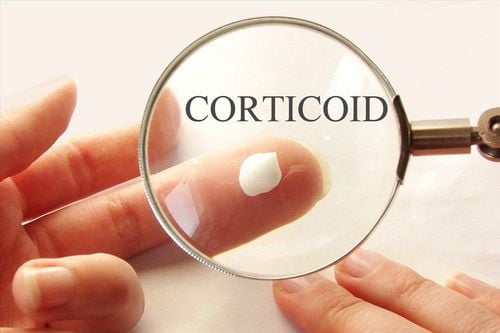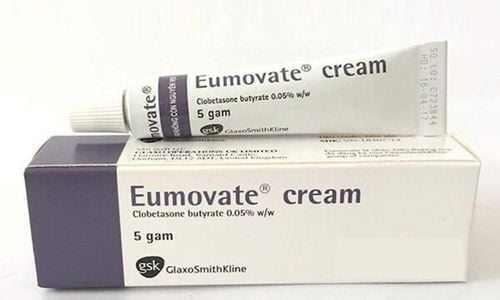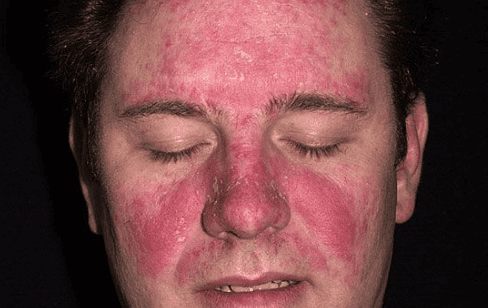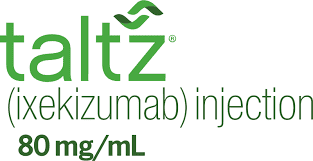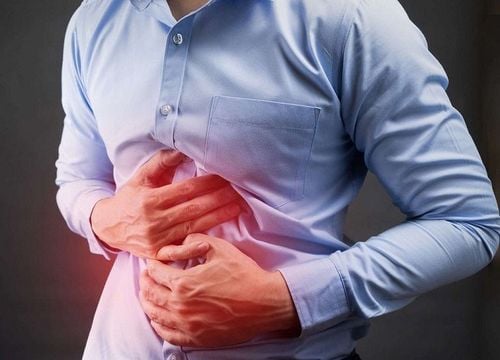This is an automatically translated article.
Detox diets for psoriasis patients often require the exclusion of foods that can cause symptoms, including: Gluten, added sugars, junk food and refined carbs. This diet can eliminate certain foods that are beneficial for people with psoriasis. Therefore, it is best to follow a healthy, nutritious diet, while eliminating each food that has the potential to trigger the disease.
1. Psoriasis and the right diet
Psoriasis is known as a chronic skin condition that can be affected by a number of factors, including your diet.
Psoriasis detox diets are often promoted as a natural remedy to remove toxins from your body, improve skin health, and reduce psoriasis symptoms. However, some believe that the detox diet for psoriasis is quite restrictive, unsustainable and even dangerous for the patient.
This article reviews the evidence on detox diets for people with psoriasis to explain if they are effective and if they are safe for people with psoriasis?
2. Psoriasis detox diet
Psoriasis is an inflammatory disorder that causes skin cells to build up and become red, itchy, and dry. Similar to other autoimmune conditions, psoriasis can be triggered by many factors, including: Stress, sun exposure, smoking, and alcohol.
Some studies suggest that dietary changes may protect against psoriasis. Although exact dietary recommendations for people with psoriasis can vary, a psoriasis detox diet often includes eliminating foods that can potentially cause inflammation in the body and lead to inflammation. the symptoms. Includes dairy products; Red meat; Alcohol; add sugar to food every day; refined carbs; nocturnal; fried foods; cereals containing gluten (wheat, barley and rye).
Most detox diets for psoriasis make you cut out all of these food groups. Instead, you should eat a variety of foods rich in antioxidants and nutrients, such as fruits, vegetables, nuts, and seeds.
These diets are also considered to help remove toxins from the body, boost immune function and cleanse your body of harmful chemicals and compounds. The psoriasis detox diet is said to promote cleansing and enhance detoxification. The main approach to this diet mostly involves eliminating all potentially irritating foods, including late-night snacks, added sugars, alcohol, and refined carbs.
3. What foods are likely to affect psoriasis?
Many studies indicate that diet can play an important role in psoriasis. For example, a study done with 1,206 people with psoriasis found that certain dietary changes improved the skin condition of the study participants. Some of the most effective adjustments for psoriasis patients include reducing alcohol, gluten, and nocturnal intake, or increasing intake of fish oils, botanicals, and vitamin D. However, the skin health improvements of this approach are considered subjective and not all dietary changes are equally effective. For example, in one study, only 54% of participants reported that reducing alcohol consumption was helpful and less than 43% reported an improvement with increasing vegetable intake.
Furthermore, other dietary factors can also influence the severity of psoriasis. According to a study that investigated 200 people, people with psoriasis tended to have lower antioxidant levels and higher levels of oxidative stress than a control group. These results suggest that a diet rich in antioxidants may help reduce psoriasis symptoms by combating oxidative stress. Another study found that fried foods, added sugars, refined starches, and processed meats can increase certain inflammatory markers that may contribute to psoriasis.
Some studies have also shown that people with celiac disease or gluten sensitivity may be more at risk of psoriasis than others. For people with psoriasis, eliminating gluten can help relieve symptoms.
However, adopting a gluten-free diet may not be beneficial for people who are not sensitive to gluten. In fact, a study conducted in 85,185 women concluded that increased gluten levels were not associated with a higher risk of psoriasis, psoriatic arthritis, or atopic dermatitis.
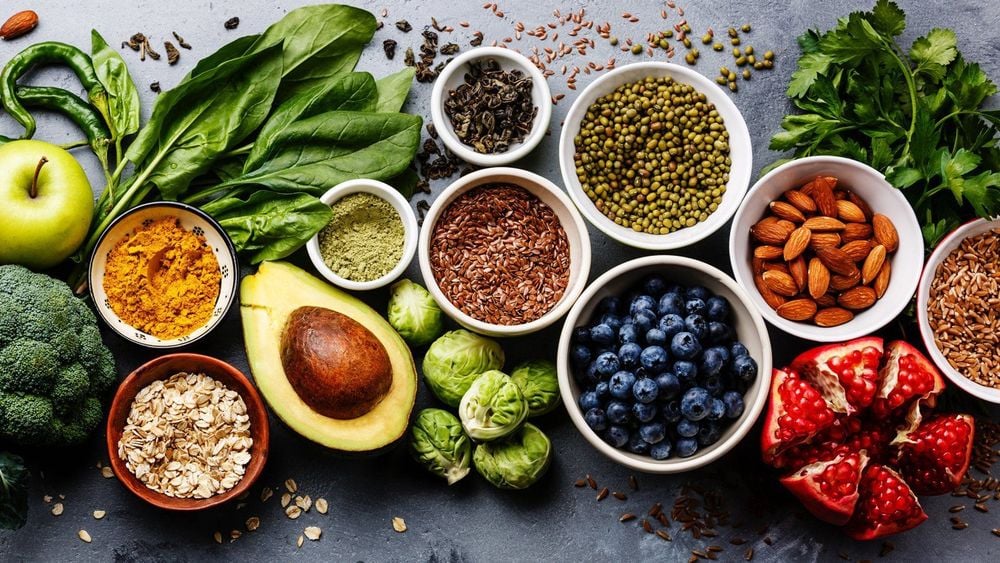
Thực phẩm giàu chất chống oxy hóa giúp thải độc cho bệnh nhân vảy nến.
4. Should You Try a Psoriasis Detox Diet?
While the diet detoxifies psoriasis, psoriasis foods can improve symptoms of the disease, possibly because some trigger foods are eliminated, not any detoxifying or cleansing effect.
Furthermore, the reason could be that your body has its own detoxification system, including the liver, lungs, kidneys, skin and digestive system, which is responsible for the excretion of harmful chemicals and compounds. harmful.
Also, although certain dietary factors can influence the symptoms of the disease, a detox diet promises a quick fix, not a cure.
Because certain ingredients can affect everyone differently, you have to find foods that work for you rather than eliminating all foods from your body. For example, if you can tolerate gluten, you don't need to follow a restrictive detox diet to completely cut out gluten.
Some studies show that adding more whole grains to your diet reduces inflammation levels, which may also be beneficial for psoriasis. Many psoriasis detox diets also cut out nightly treats like tomatoes, peppers, and eggplants, all of which are used above that are packed with vitamins, minerals, and antioxidants. . Instead of going on a short-term detox diet, follow a nutritious, balanced diet rich in fruits, vegetables, protein and heart-healthy fats - thought to be foods to treat psoriasis. Doing so will not only ensure that you are meeting your nutrient needs, but it will also make it easier to identify potential triggers by eliminating one or two food ingredients at once, rather than eliminating them. multiple food groups at once.
While a psoriasis detox diet may be effective for some specific cases, this may be due to the elimination of trigger foods rather than those that work as a detox. . Specific foods affect everyone differently, so cutting out multiple food groups at the same time isn't necessary.
5. Some potential risks when applying detox diets for psoriasis patients
Many detox diets for psoriasis are available online, each with its own set of rules. The more restrictive elements of this diet can make it harder for you to meet your nutrient needs and even increase your risk of nutritional deficiencies. For example, a poorly planned gluten-free diet is often low in fiber and may lack important micronutrients such as zinc, magnesium, iron, vitamin B12 and folate.
Other foods that are often prohibited in the diet that provide essential nutrients, include dairy products and nightshade foods such as tomatoes, eggplants and peppers. If you are looking to eliminate these foods from your diet, you should always ensure that you are getting these vitamins and minerals from other food sources to prevent nutritional deficiencies.
Furthermore, a detox diet for people with psoriasis can promote unhealthy eating habits and promote a negative relationship with food. This diet can also be unsustainable and difficult to follow in the long term. Additionally, psoriasis symptoms are likely to return when you resume your normal diet.
Please dial HOTLINE for more information or register for an appointment HERE. Download MyVinmec app to make appointments faster and to manage your bookings easily.
Reference source: healthline.com



